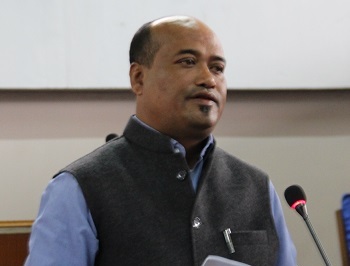
Shillong, October 30: The Khasi Hills Autonomous District Council (KHADC) members demanded that the council should declare the sixth schedule areas as “protected areas” to check inflow of illegal migrants into its jurisdiction even as eleven ngos are agitating for the implementation of the Inner Line Permit (ILP) in the state to stop influx.
United Democratic Party (UDP) Member of District Council (MDC) Titus W Chyne said during the winter session of KHADC on Wednesday, “It is high time that the KHADC adopts a mechanism by implementing the ‘Khasi Hills Protected Area Permit’ so as to protect the identity and interest of our indigenous tribes and check unabated influx into its jurisdiction.”
Chyne said while moving a motion on the subject that the need for introducing the motion is the concerns expressed by several ngos on the threat posed by the easy entry of outsiders into the state which is posing as a threat to the indigenous people and their land.
“This uncheck and unregulated inflow of outsiders into the state has to a great extent impacted on the socio-economic and political interest of the people of the state,” Chyne said while pointing out that some of the Khasi villages especially in mining and border areas have been dominated by non-indigenous tribes.
Stating that the Inner Line Permit (ILP) is a state subject, Chyne, however, said that the KHADC is also equally responsible to ensure that interests of the indigenous people is protected and safeguarded. According to him, with the introduction of such law, outsiders can no longer enter the jurisdiction freely but will have to get a ‘permit’ from the council’s authority.
“In this way, the Council which has been empowered by the sixth schedule of the Constitution to protect and safeguard the interest of our indigenous tribe can play an important role in effectively curbing the inflow of influx into the region,” Chyne stated.
Mawlai MDC Embhahlang Syiemlieh, Mylliem MDC Teilinia Thangkhiew, Jaiaw MDC Adelbert Nongrum and Rambrai MDC KP Pangniang also participated in the debate in support to the motion moved by the Chyne.
Teilinia Thangkhiew while supporting the motion urged the Executive Committee of the KHADC to examine the feasibility in implementing the ‘Khasi Hills Protected Area Permit’. She said, “Although we cannot bring the issue of implementing the ILP in this house, but we (MDCs) have been elected by the people and it is our duty to ensure that their rights and interests are protected.”
Appealing to all stakeholders including traditional institutions, Thangkhiew said, “The issue of influx is no longer a fight for only the politicians and ngos but it needs the cooperation and suggestions of every stakeholders in finding a better solution to nipped the problem in its bud.”
Echoing similar views, KP Pangniang said, “The need of the hour is for the KHADC to have a strong and effective mechanism in place to tackle this problem of influx which is affecting the state as a whole.”
He, however, demanded the district council to stop rampant issuing of trading license and even put restriction on the traditional institutions who are issuing no objection certificates.
Replying to the motion, the KHADC Chief Executive Member (CEM) Pynshngainlang N Syiem while admitting that the problem of influx is a matter of serious concern, however, has requested the house to allow the Council to pass the Khasi Hills Autonomous District (Village Administration) Bill, 2013.
“The intention of the introducing the village administration Bill is also in line with the need to check and regulate influx,” he clarified.
Quoting sub-section 7 and 16 of section 5 of the Bill, Syiem said, “The bill clearly stated the need to maintain population register in the village where the name of each household and its residents is recorded. No certificate can be issued by the Rangbah Shnong to any individual unless his or her name has been recorded in the register. The serial number of the individual in the village register shall be clearly mentioned in each certificate issued by the Rangbah Shnong (headman).”
Syiem also informed that the Council’s Executive Committee in recognition of the customary practices prevailing within the Himas or Raids or villages may from time to time by notification prescribe the restrictions, terms and conditions of entry of a person other than a tribal native resident.”
Syiem further pointed out that sub-section 10 of section 5 (a) of the Bill however underscored the need to make registration of all tenants, labourers, and outsiders “compulsory”.
Reacting to chief minister’s targeting the district councils for not doing anything on the issue, Syiem however said, “The criticism by the CM instead has inspire the council to introduce the bill with the expectation that the state government help the council’s bill to get its nod at the earliest.” – By Our Reporter




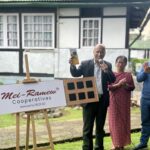

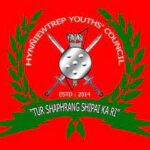



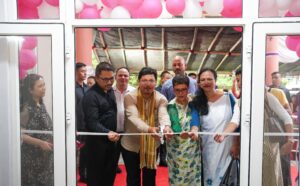
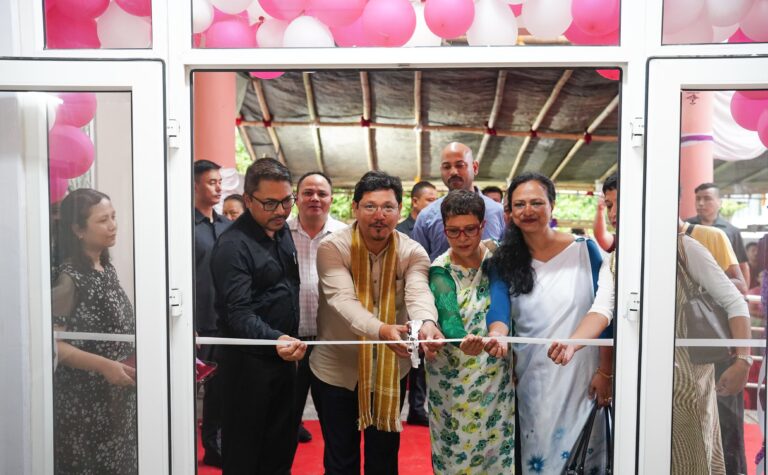
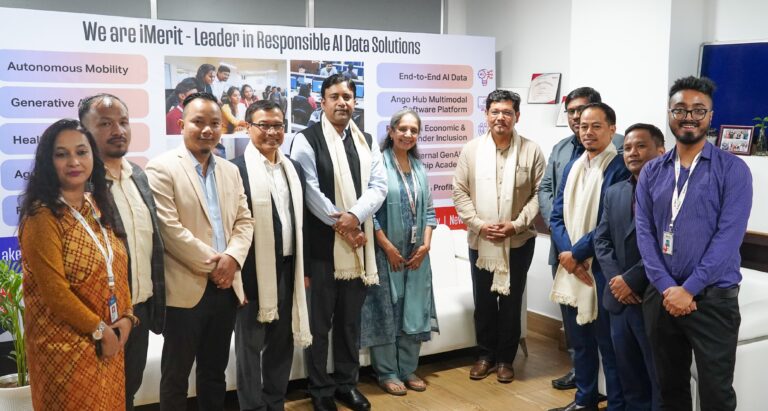
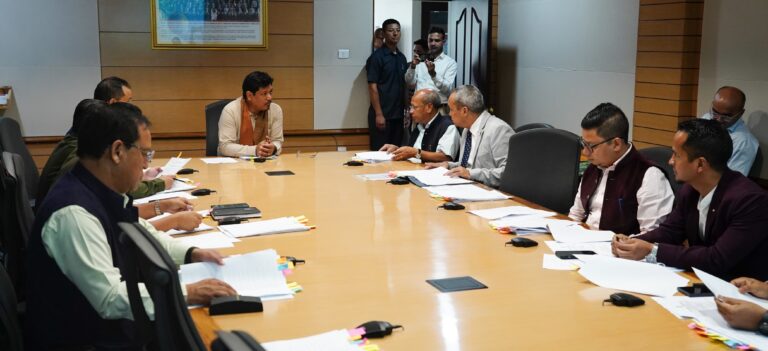
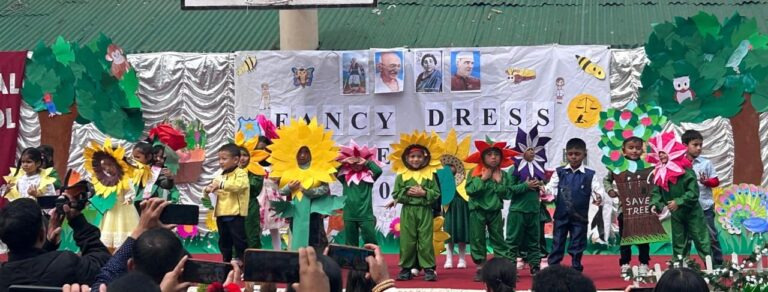
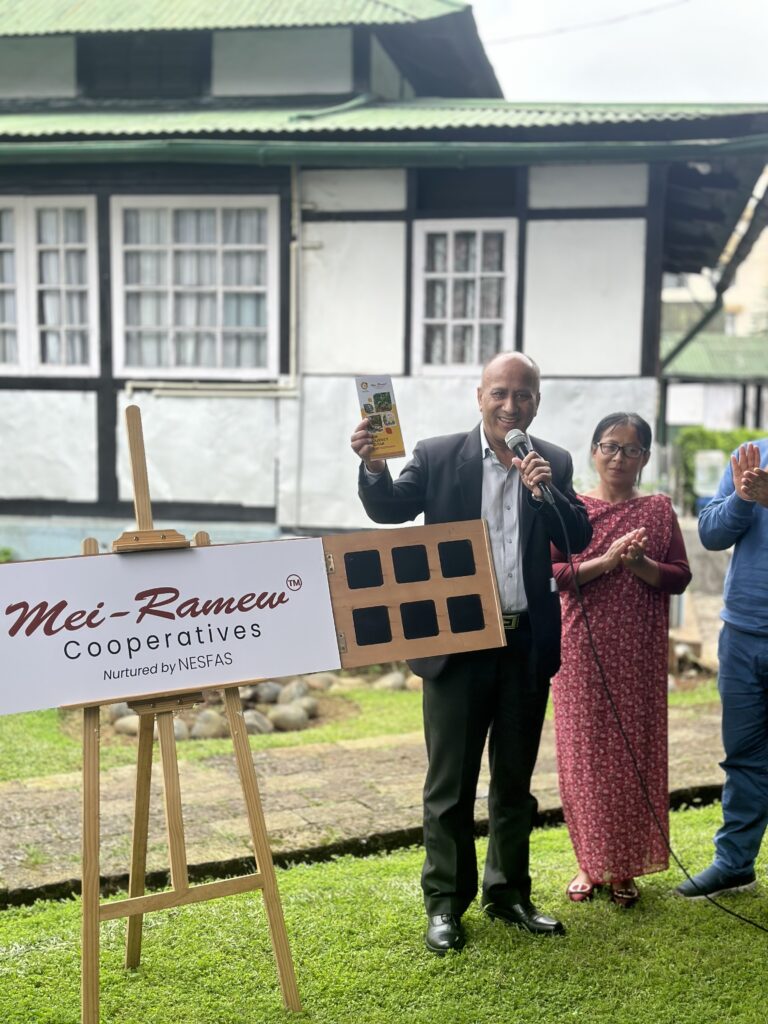
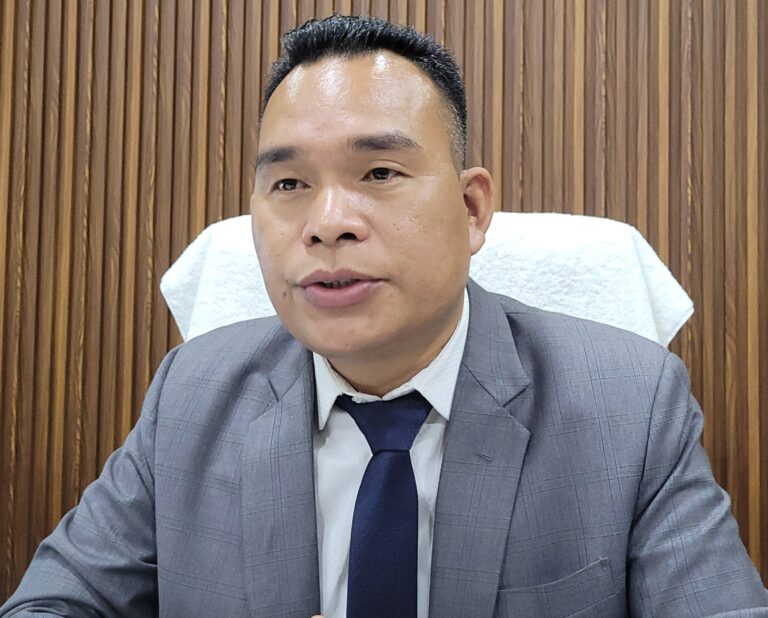
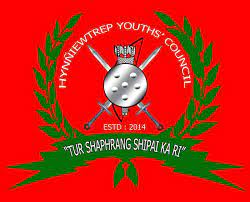


This is an interesting proposal keeping in mind the historical complexities that characterises the ILP…its good to see some emerging new leaders with new ideas…